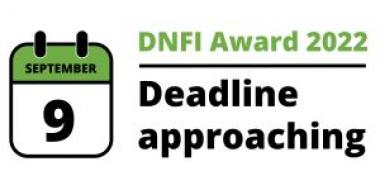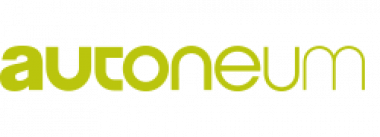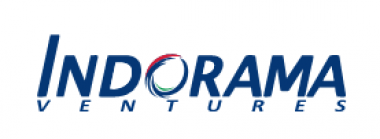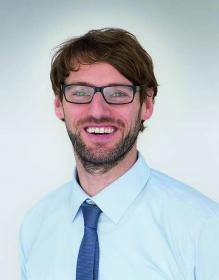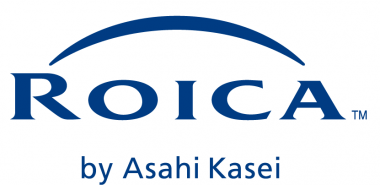Lenzing: Transition to green electricity in Indonesia
- Gradual transformation of production capacities to LENZING™ ECOVERO™ and VEOCEL™ branded specialty viscose
The Lenzing Group, provider of wood-based specialty fibers, is expanding its global clean electricity portfolio and transitioning its production site in Purwakarta to green electricity. The Indonesian subsidiary PT. South Pacific Viscose (SPV) has been using electricity generated solely from renewable sources since July this year, which will reduce its specific carbon emissions by 75,000 tonnes annually.
In 2019, Lenzing became the first fiber producer to set a target of halving its carbon emissions by 2030 and becoming climate neutral by 2050. This carbon reduction target has been recognized by the Science Based Targets Initiative. In Purwakarta, Lenzing is currently investing in the reduction of carbon emissions, as well as air and water emissions. Thanks to its EUR 100 million investment in this area, Lenzing is gradually transitioning its existing capacities for standard viscose to LENZING™ ECOVERO™ and VEOCEL™ branded specialty viscose.
“Demand for our wood-based, biodegradable specialty fibers is constantly rising. We see enormous growth potential, especially in Asia. The switch to green, renewable electricity marks a huge step forward in converting our Indonesian site into a specialty fiber supplier. This makes us better positioned to meet the growing demand for sustainably produced fibers,” comments Robert van de Kerkhof, Chief Commercial Officer for Fiber at Lenzing.
The company aims to generate more than 75 percent of its fiber revenue from the wood-based, biodegradable specialty fibers business under the TENCEL™, LENZING™ ECOVERO™ and VEOCEL™ brands by 2024. With the launch of the lyocell plant in Thailand in March 2022 and the investments in existing production sites in Indonesia and China, the share of specialty fibers in Lenzing’s fiber revenue is set to exceed the 75 percent target by a significant margin as early as 2023.
Lenzing AG















